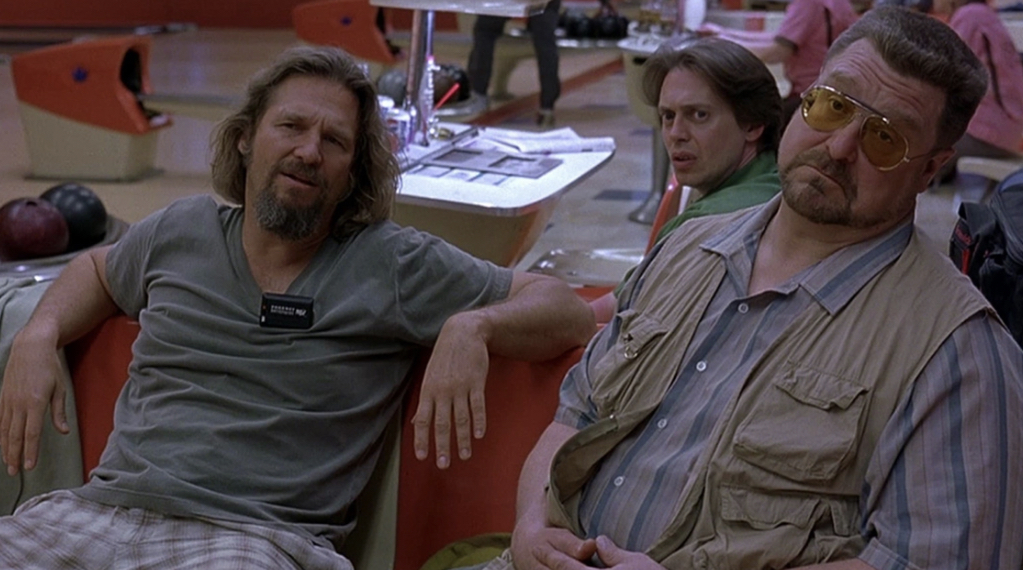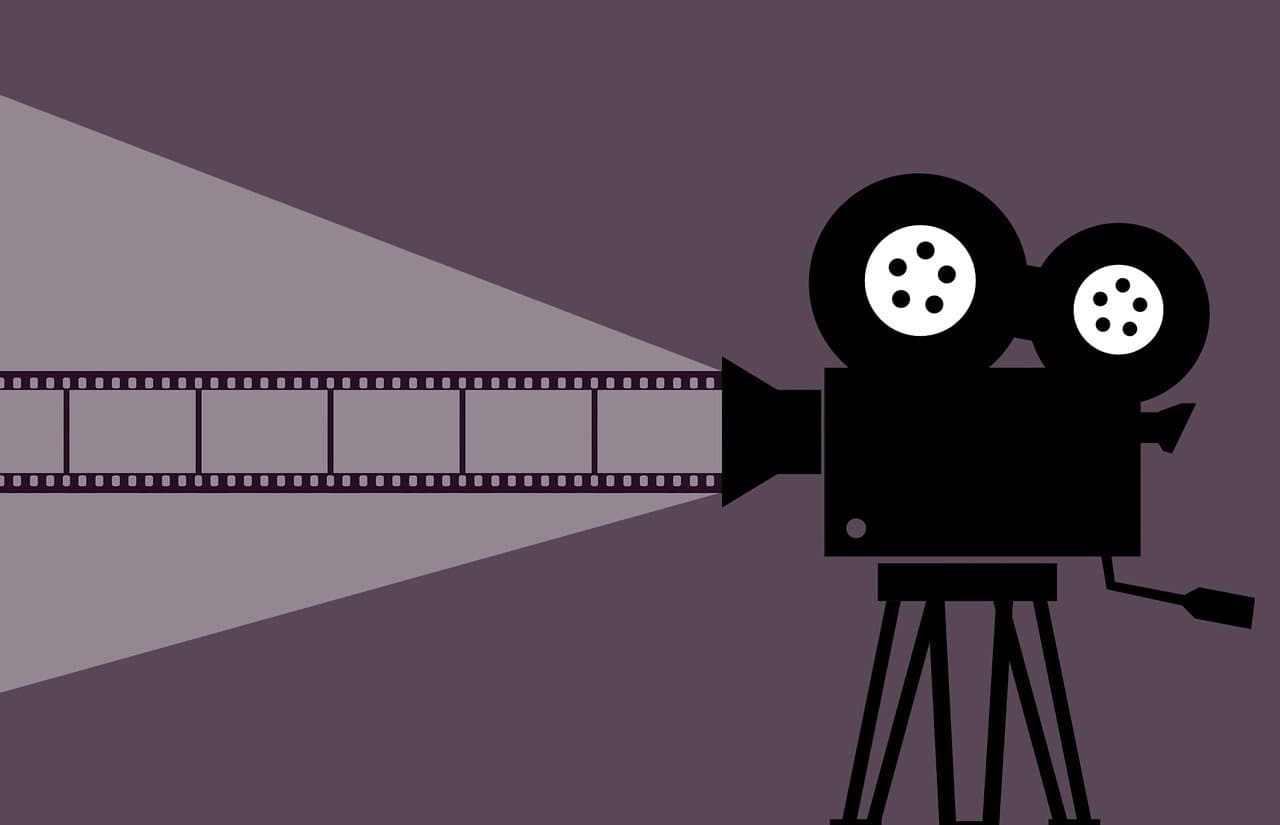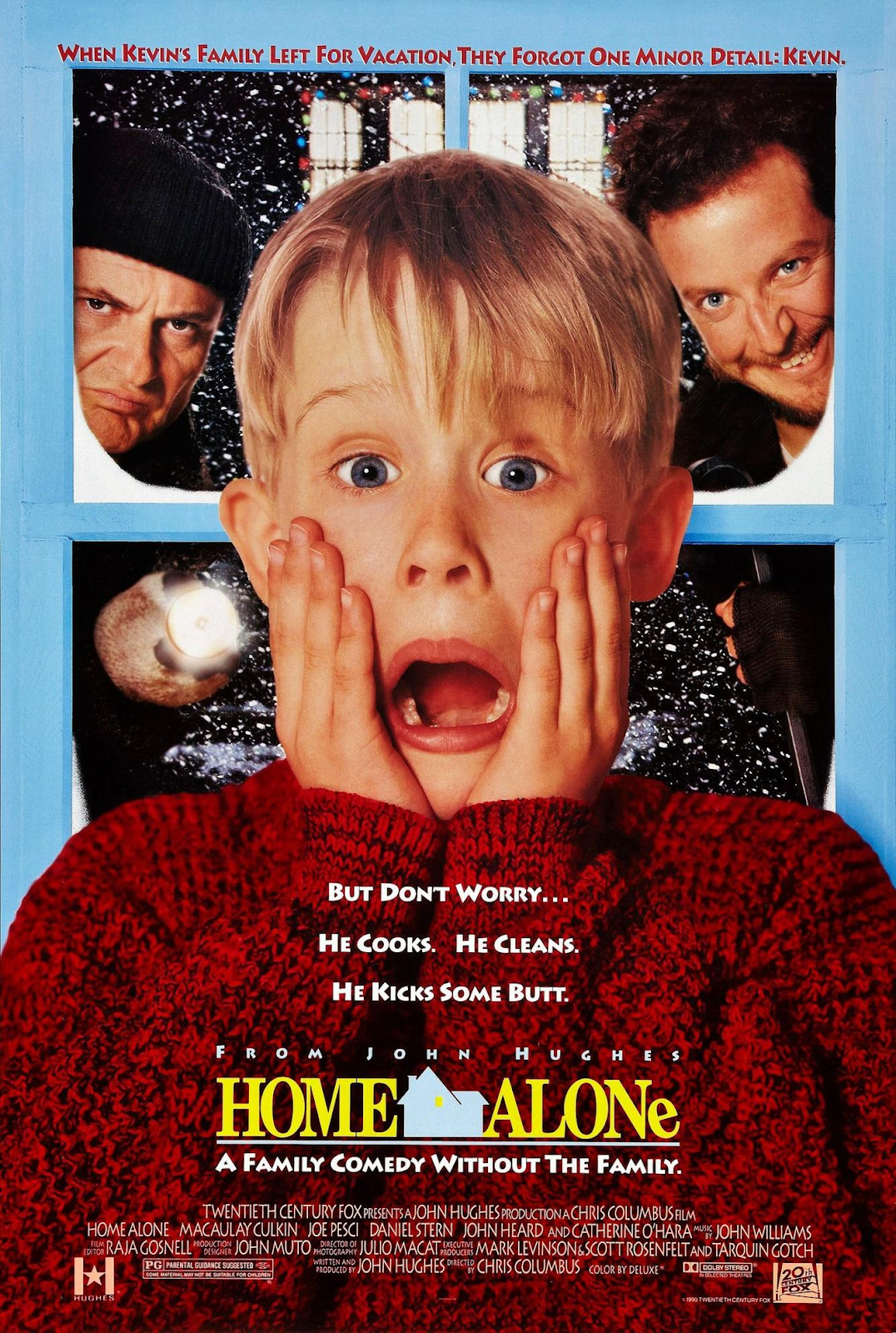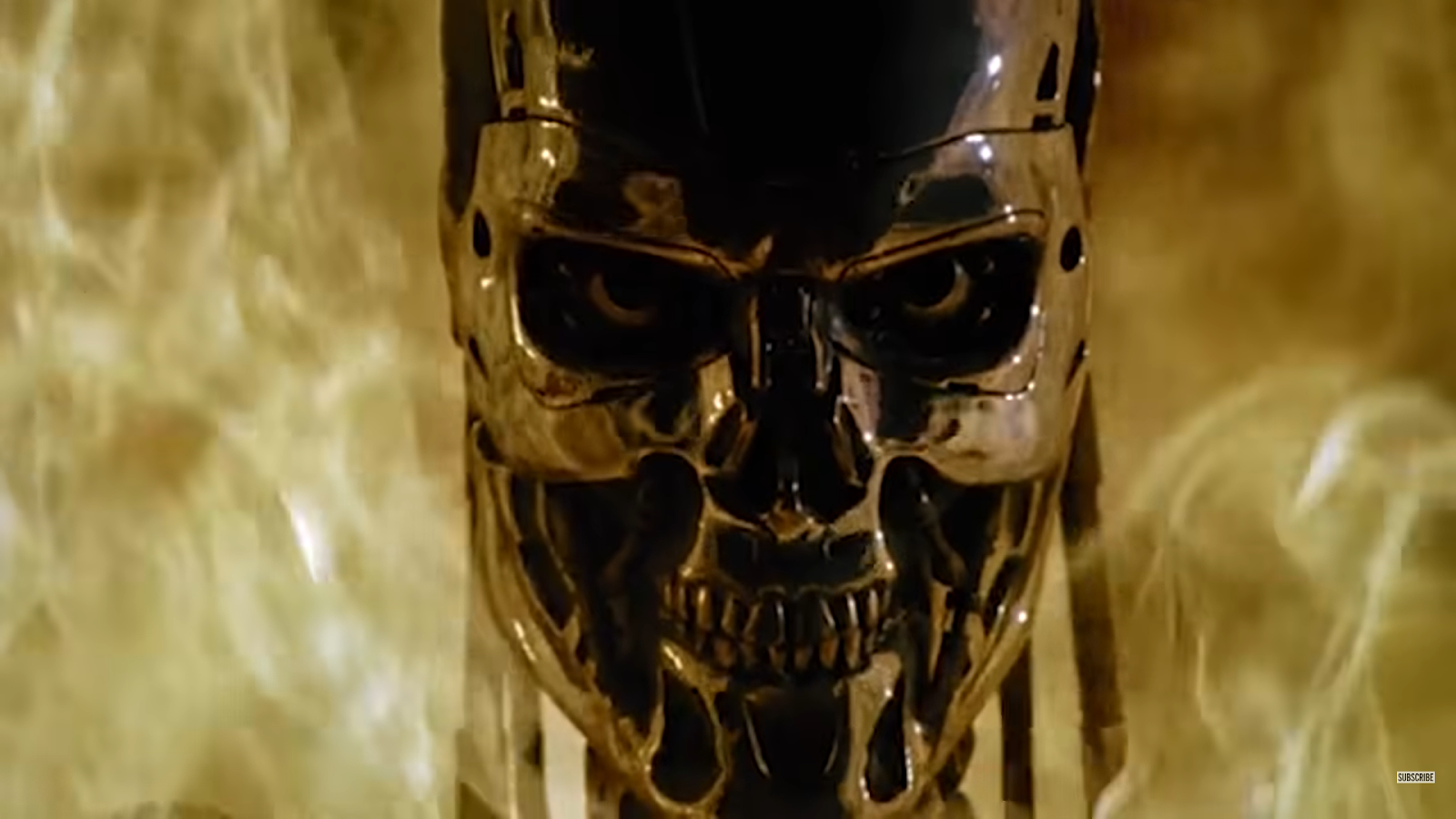Step back in time and experience the uproarious world of 90’s black comedy movies. These films from the 1990s have left an indelible mark on the world of comedy, offering a unique blend of humor and satire. From iconic performances to memorable plotlines, let’s journey through this golden era of laughter and delve into the movies that made us laugh out loud.
The Rise of 90’s Black Comedy Movies
During the 90s, black comedy movies found their way into the hearts of audiences worldwide, offering a refreshing take on humor as society grappled with its complexities. “Friday” (1995) and “Menace II Society” (1993) stand as prime examples, showcasing a brilliant mix of wit and sarcasm. These films deftly navigated serious social issues, infusing them with humor that resonated with audiences.
Additionally, “Don’t Be a Menace to South Central While Drinking Your Juice in the Hood” (1996) emerged as a standout in the genre. This satirical gem parodied the urban culture and tropes present in many hood-based movies with hilarious precision. It served as both a tribute to and a parody of the hood film genre, delivering laughs while challenging stereotypes.
These black comedy movies of the 90s proved that humor could be a powerful tool to explore the complexities of society, making audiences laugh while provoking thought and reflection. They showcased the talents of gifted actors, writers, and directors who fearlessly pushed the boundaries of comedy, leaving a lasting impact on the world of cinema.
Cult Classics: “Pulp Fiction” and “The Big Lebowski”
“Pulp Fiction” (1994) and “The Big Lebowski” (1998) have solidified their special place in the hearts of cinephiles, becoming quintessential examples of 90s black comedy movies. Quentin Tarantino’s “Pulp Fiction” is a masterpiece that revolutionized storytelling in cinema. Its non-linear narrative, intersecting storylines, and razor-sharp dialogue continue to captivate audiences worldwide.
The film weaves together a tapestry of crime, dark humor, and pop culture references, leaving an indelible mark on the cinematic landscape. Iconic performances from John Travolta, Samuel L. Jackson, and Uma Thurman, among others, bring the characters to life in unforgettable ways. “Pulp Fiction” remains a cultural phenomenon, inspiring numerous filmmakers and becoming a touchstone for modern cinema.
On the other hand, “The Big Lebowski,” directed by the Coen Brothers, introduced us to the laid-back yet enigmatic character of “The Dude,” played to perfection by Jeff Bridges. The film takes audiences on a hilariously absurd journey as The Dude becomes entangled in a case of mistaken identity and bizarre circumstances.
With a colorful ensemble cast, including John Goodman and Steve Buscemi, “The Big Lebowski” embraces the quirky and the bizarre, all while delivering gut-busting laughs. Its cult following has grown exponentially over the years, making it a cult classic celebrated for its offbeat humor and unforgettable characters.
Both “Pulp Fiction” and “The Big Lebowski” exemplify the brilliance of 90s black comedy movies, each leaving an enduring legacy in the world of cinema. Their impact is a testament to the power of humor and storytelling to captivate and entertain audiences for generations to come.
Satirical Brilliance: “Office Space” and “Election”
In the late 90s, “Office Space” (1999) and “Election” (1999) emerged as shining examples of sharp satire, offering poignant commentaries on work culture and politics. “Office Space” struck a chord with audiences, resonating with the frustrations and mundanity of the working class in the corporate world. The film hilariously portrayed the monotony of office life, the inefficiencies of bureaucracy, and the desire for something more meaningful.
- As the protagonist, Peter Gibbons (played by Ron Livingston), rebels against the soul-crushing grind, viewers found themselves sympathizing with his desire to break free from the shackles of cubicle life. With its memorable scenes, including the infamous printer beatdown, “Office Space” became a cult classic and a symbol of corporate disillusionment;
- Meanwhile, “Election” delved into the intense and often absurd world of high school politics, expertly navigating the dynamics of ambition, rivalry, and moral ambiguity. Reese Witherspoon’s portrayal of the determined and ruthless Tracy Flick earned critical acclaim, capturing the cutthroat nature of school elections;
- Matthew Broderick’s character, Jim McAllister, added an extra layer of humor and complexity as the teacher who becomes embroiled in the election chaos. “Election” masterfully presented the dark and comedic underbelly of the pursuit of power, making it a standout in the 90s black comedy movie genre.
Both “Office Space” and “Election” remain relevant, serving as mirrors to society’s idiosyncrasies and offering timeless critiques on aspects of human nature. Their biting wit and social observations continue to resonate with audiences, reminding us of the enduring power of satire in shedding light on the follies and foibles of our everyday lives.
The Oddball Humor of “The Addams Family”
“The Addams Family” (1991) and its sequel “Addams Family Values” (1993) introduced us to the eccentric and lovable Addams clan. With their macabre sense of humor and bizarre family dynamics, they captured our hearts and showed us that being different can be extraordinary.
The Rom-Com Twist: “Groundhog Day”
Although categorized as a black comedy, “Groundhog Day” (1993) stands out as a film that skillfully blended romance and humor, making it a delightful and heartwarming experience for audiences. Directed by Harold Ramis and starring the incomparable Bill Murray, the movie presents the story of Phil Connors, a cynical weatherman sent to cover the annual Groundhog Day event in Punxsutawney, Pennsylvania.
- What starts as a typical assignment takes an unexpected turn when Phil finds himself trapped in a bizarre time loop, reliving the same day over and over again. As he navigates the repetitive cycle, he slowly transforms, learning to embrace life’s joys and selflessly care for others;
- Bill Murray’s impeccable comedic timing and natural charm make Phil Connors a memorable and endearing character. The film’s witty dialogue, clever scenarios, and Murray’s portrayal of a man unraveling and rebuilding his life with each repeated day make “Groundhog Day” a comedic gem;
- Moreover, “Groundhog Day” introduced the concept of the “Groundhog Day” scenario into popular culture. This term refers to being stuck in a repetitive situation, unable to break free from its cycle. The movie’s impact on pop culture has endured over the years, with references to the film appearing in various media and conversations.
Ultimately, “Groundhog Day” masterfully intertwined comedy and romance, delivering a heartfelt message about personal growth and the importance of living each day to the fullest. It remains a beloved classic, cherished for its timeless humor and meaningful life lessons that continue to resonate with audiences of all ages.
The Unconventional Humor of “The Cable Guy”
Jim Carrey took a bold step with “The Cable Guy” (1996), showcasing a darker and more unconventional comedic side. The film’s offbeat humor polarized audiences, but its cult following grew over the years, appreciating Carrey’s fearless performance.
Heartwarming Laughter: “Mrs. Doubtfire”
“Mrs. Doubtfire” (1993) touched our hearts with its heartwarming story of a father who disguises himself as a nanny to be close to his children. Robin Williams’ incomparable talent effortlessly blended humor and emotion, adding depth to the film’s comedic brilliance. This family classic continues to be cherished, reminding us of the enduring power of love and the lengths a parent will go to be with their children.
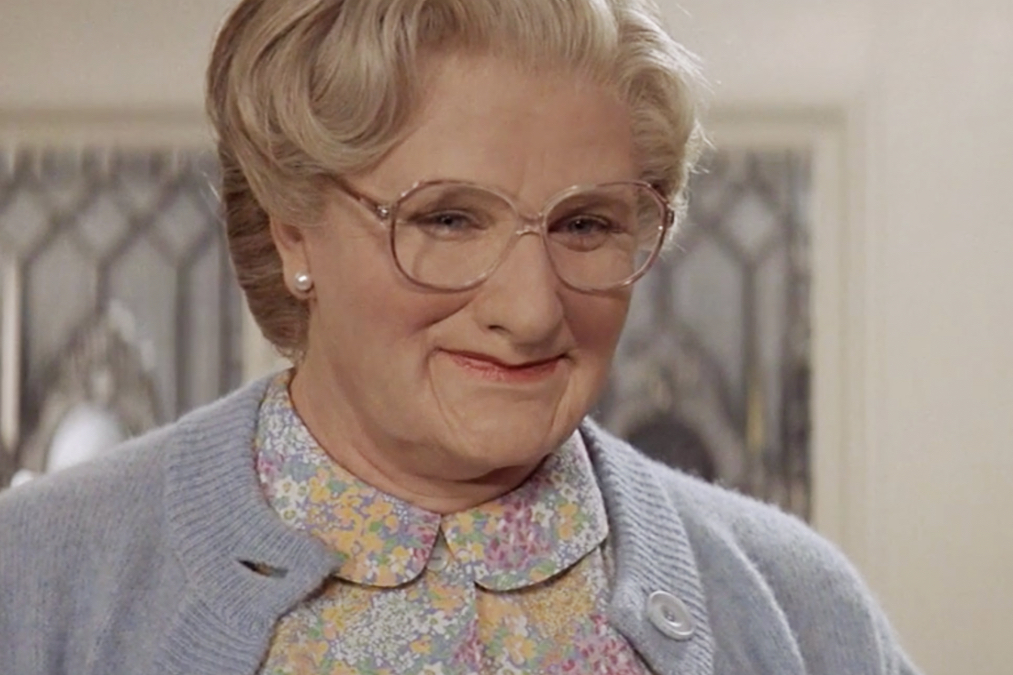
The Dark Humor of “American Psycho”
“American Psycho” (2000) stands out as a cult classic for its dark and twisted humor. Based on Bret Easton Ellis’s novel, the film follows Patrick Bateman (played by Christian Bale), a wealthy New York investment banker who hides a chilling secret beneath his sophisticated exterior. With an unyielding desire for perfection and an insatiable thirst for violence, Patrick Bateman navigates the shallow and materialistic world of 1980s Wall Street.
The film’s satirical commentary on consumerism and yuppie culture adds depth to its dark humor. Patrick Bateman’s obsession with designer clothing, business cards, and his meticulous morning routine becomes a ludicrous facade hiding a psychopathic nature. As the movie progresses, the absurdity of Bateman’s lifestyle, juxtaposed with his heinous acts, pushes the boundaries of humor in a chilling manner.
A Tribute to Unconventional Humor: “The Naked Gun” Series
“The Naked Gun” film series, starting with “The Naked Gun: From the Files of Police Squad!” (1988), paid homage to slapstick comedy and absurdity. Led by the comedic genius of Leslie Nielsen as Lieutenant Frank Drebin, the films parodied the detective and action genres with sheer delight. The combination of clever wordplay, visual gags, and physical humor ensured constant laughter throughout the movies.
From Drebin’s clueless yet endearing demeanor to the hilarious misunderstandings that ensued, “The Naked Gun” series delivered consistent belly laughs. Nielsen’s deadpan delivery and impeccable comedic timing made him a legendary figure in the world of comedy, and the films remain beloved by fans of all ages.
Cinematic Oddities: “Being John Malkovich”
“Being John Malkovich” (1999) took a surreal approach to black comedy, offering a one-of-a-kind experience for viewers. Directed by Spike Jonze and written by Charlie Kaufman, the film follows a puppeteer named Craig Schwartz (played by John Cusack) who discovers a portal into the mind of actor John Malkovich.
The film’s eccentric plot, imaginative storytelling, and bizarre humor challenged conventions and delighted audiences. It skillfully blended absurdity with thought-provoking themes, making it a unique gem in the landscape of 90’s black comedy movies.
The Covert Brilliance of “Men in Black”
“Men in Black” (1997) brought together the impeccable comedic duo of Will Smith and Tommy Lee Jones in a sci-fi comedy adventure. As secret agents protecting Earth from extraterrestrial threats, they added a dash of humor to the alien invasion genre.
With witty banter and memorable catchphrases, “Men in Black” showcased Smith’s charisma and Jones’s deadpan humor, resulting in a perfect combination for a blockbuster hit. The film’s success led to several sequels and a nostalgic place in the hearts of fans.
The Dark Horse: “Death Becomes Her”
“Death Becomes Her” (1992) embraced the macabre with a comedic twist. Starring Meryl Streep, Goldie Hawn, and Bruce Willis, the film explored themes of immortality and eternal youth in a hilarious and surreal manner. The impeccable visual effects and performances added depth to the darkly comedic narrative, leaving a lasting impression on audiences.
The Meta-Humor of “Austin Powers”
The “Austin Powers” series, starting with “Austin Powers: International Man of Mystery” (1997), introduced Mike Myers’s iconic character, a time-traveling British spy from the 1960s. The films parodied the spy genre while embracing a self-awareness that brought meta-humor to new heights.
With outrageous costumes, unforgettable catchphrases, and a cast of eccentric characters, the “Austin Powers” series became a pop culture phenomenon. Mike Myers’s ability to seamlessly portray multiple roles, including the villainous Dr. Evil, showcased his comedic brilliance.
The Impact and Legacy of 90’s Black Comedy Movies
The 90s marked a transformative decade for black comedy movies. These films offered a refreshing take on humor, daringly exploring various genres, and challenging societal norms. With their unique blend of wit, satire, and social commentary, they entertained audiences while provoking thought and reflection.
The legacy of 90’s black comedy movies continues to influence contemporary filmmakers and comedians. Many of these films have achieved cult status and are celebrated for their timeless humor and cultural significance. They have paved the way for subsequent generations of filmmakers to push the boundaries of comedy and storytelling.
In conclusion, 90’s black comedy movies stand as a testament to the power of humor to entertain, enlighten, and reflect the complexities of the human experience. From satirical brilliance to dark and absurd humor, these films have left an indelible mark on cinema and popular culture. Whether you’re revisiting the classics or discovering them for the first time, the laughter they elicit remains as potent and delightful as ever. So, pop some popcorn, settle in, and immerse yourself in the hilarious world of 90’s black comedy movies for a truly unforgettable cinematic experience.

